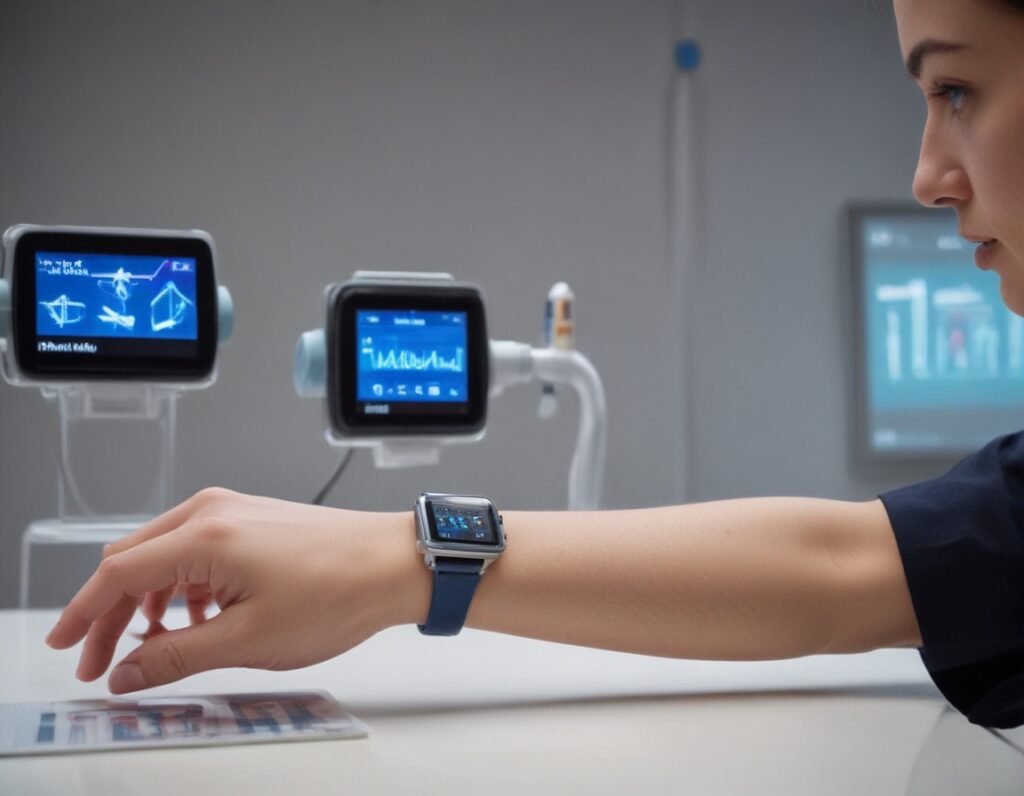Diabetes Management: Lifestyle and Medication
Diabetes is a chronic disease that affects how the body processes blood sugar (glucose). Without proper control, it can lead to serious health complications, including heart disease, nerve damage, and kidney issues. Effective Diabetes Management: involves a combination of lifestyle modifications and medication to maintain stable blood sugar levels and improve overall well-being.
Diabetes Management: Lifestyle Changes
Making healthy lifestyle choices is a crucial part of Diabetes Management:. The following habits can help control blood sugar and reduce the risk of complications:
1. Healthy Eating Habits
- Focus on a balanced diet rich in fiber, lean proteins, and healthy fats.
- Avoid processed foods, sugary snacks, and excessive carbohydrates.
- Eat smaller, frequent meals to maintain steady glucose levels.
2. Diabetes Management: Regular Physical Activity
- Exercise helps the body use insulin effectively and lowers blood sugar levels.
- Engage in at least 150 minutes of moderate exercise (like walking or cycling) per week.
- Strength training can also improve metabolism and overall health.
3. Weight Control
- Maintaining a healthy weight reduces insulin resistance and supports better glucose control.
- Even a 5-10% reduction in body weight can have significant benefits for people with type 2 diabetes.
4. Diabetes Management: Stress Reduction
- High stress levels can increase blood sugar levels.
- Practicing meditation, deep breathing, and yoga can help manage stress.
- Getting adequate sleep also supports better diabetes control.
Medication Options
While lifestyle changes play a vital role, some individuals require medication to regulate their blood sugar levels. Common diabetes medications include:
1. Diabetes Management: Insulin Therapy
- Essential for people with type 1 diabetes and some with type 2 diabetes.
- Helps the body regulate blood sugar when it cannot produce enough insulin naturally.
2. Oral Medications
- Metformin is the most commonly prescribed medication for type 2 diabetes.
- Other drugs like sulfonylureas and SGLT2 inhibitors help control glucose levels in different ways.
3. Continuous Glucose Monitoring (CGM)
- Devices that track blood sugar levels in real time, helping individuals adjust medication and lifestyle habits accordingly.
Conclusion
Effective Diabetes Management: requires a balanced approach that includes healthy lifestyle choices and, when necessary, medication. By maintaining a nutritious diet, staying active, managing stress, and following prescribed treatments, individuals can prevent complications and lead healthier lives. Staying proactive with regular check-ups and glucose monitoring is key to long-term diabetes control. Visit this page also.

